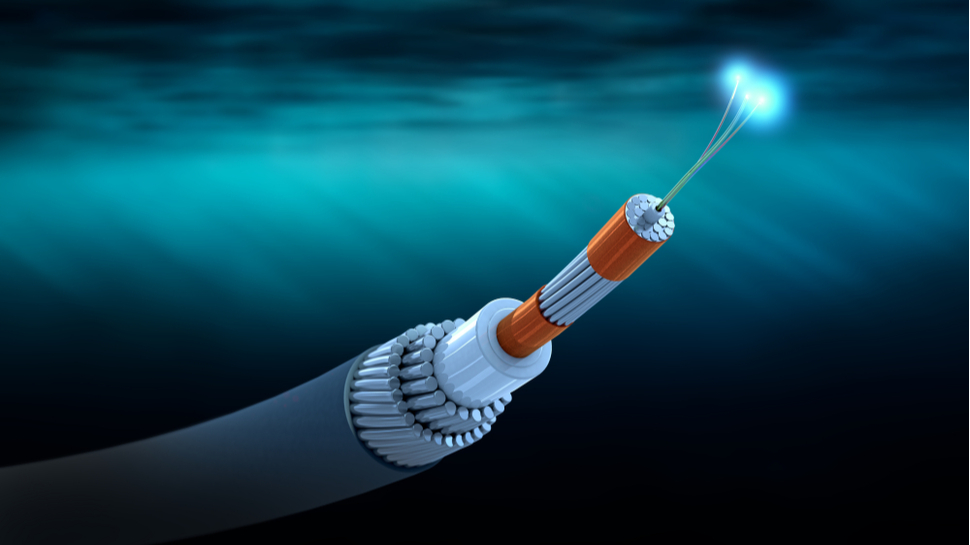Three vital subsea cables in the Red Sea, crucial for global internet and telecommunications, have been severed. The damaged cables, Asia-Africa-Europe 1, Europe India Gateway, and Seacom, impact communication between Asia, Africa, and Europe.
The severed subsea cables, spanning a total length of 57,000 kilometers, serve as vital links between Africa and the world. While Seacom is independently owned, the other two cables are operated by consortiums involving China Unicom, Djibouti Telecom, PCCW, Reliance Jio Infocom, Vodafone, TeleYemen, and others.
They are believed to have been cut by Yemen’s Houthi rebels, who have targeted the waterway. The Houthis are an armed political and religious group that champion Yemen’s Shia Muslim minority and have impacted 15% of global seaborne trade, which usually passes through the Red Sea.
The Houthis claim to target Israeli-owned, flagged or operated entities but are believed to target every entity, many with no connection to Israel.

While the exact cause of the cable cut remains unclear, the timing coincides with heightened tensions between Yemen’s Houthi rebels and the international community. The rebels claim this effort aims to pressure Israel to end its conflict with Hamas in the Gaza Strip. Despite Houthi denials of attacking the cables, the sabotage has the potential to further escalate the crisis, particularly as global shipping has already been disrupted through the Red Sea—a crucial route for cargo and energy shipments from Asia and the Middle East to Europe.
HGC Global Communications, based in Hong Kong, estimates that these cuts impact 25% of the traffic flowing through the Red Sea. This route is essential for data transmission from Asia to Europe, and rerouting measures have been initiated to address the disruptions.
The incident has implications for the telecommunications industry, with concerns about the targeted disruption of vital connectivity. Companies such as HGC Global Communications, Seacom, and Tata Communications are among those affected, leading to the rerouting of traffic and efforts to mitigate service interruptions.
The Houthis have been accused of planning attacks on the cables since early February, and the cables appeared to be cut on February 24. While the Houthis deny targeting the cables, they blame disruptions on British and U.S. military operations. The conflict between the Houthis and Yemen’s internationally recognized government has resulted in repeated attacks on ships in the Red Sea, impacting global maritime routes.
The impact of these events on the telecommunications and shipping industries underscores the vulnerability of critical infrastructure in conflict zones, emphasizing the need for robust security measures and strategic planning to address potential disruptions. The situation also highlights the importance of maintaining redundancy and resilience in global communication networks.





